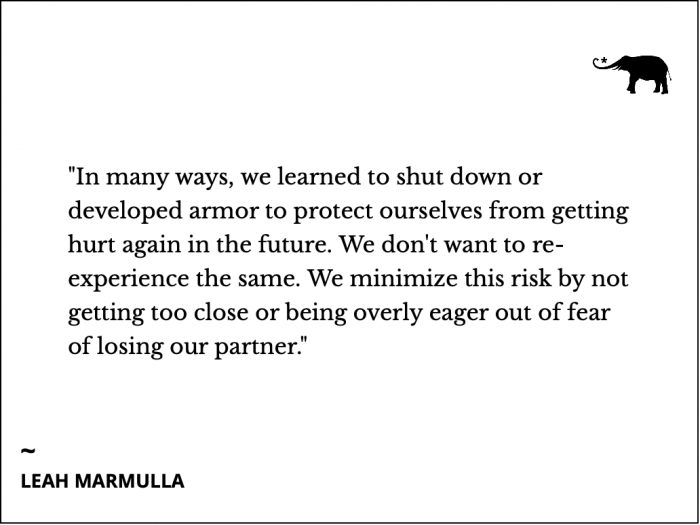View this post on Instagram
Relationship triggers are willing servants if we know how to engage and learn from them.
Although we are adults now, we may not have been taught how to live according to our needs and what we wanted—a form of emotional intelligence. Instead, many of us got the message, “Do what you are told.” “Think of others before yourself” or “Do this and do that.”
Our parents were ignorant of the impact their parenting had on us, and this is era-appropriate. Just as we have age-appropriate behavior, our childhood creates era-appropriate beliefs and views on how we should live our life, even now, as adults.
While we may not be children anymore, these same messages can still be playing out. One way to find out is to observe our lives and ask, “Where and with whom do I play out these few mantras?” If we can notice these, we will see many more.
We can further ask ourselves:
>> Are these views, beliefs, rules still suitable for us now?
I am going to guess they are not, yet, however if the subconscious beliefs are left unaddressed they will continue to dictate what we think, feel, do, and choose.
What do I mean?
Beliefs are created at a young age—they start at birth, build for two years or so, and are re-enforced until age seven. From then on, they are modified, strengthened, or disputed. It takes awareness or being in challenging situations to explore the belief behind why we do, think, feel, and act in a certain way.
Relationships are the prime ground to explore our beliefs and are meant to be a safe place to be ourselves so that we can let our guard down. But what about when our partner reacts or starts to do things that are not in ways we like? What does this have to with our beliefs?
Here are three reasons why:
>> We attract a partner that matches our belief system about who we think we are or should be. We may not like it, our choice will likely trigger us, but will also highlight the gaps we felt as kids.
>> We live by our fears. If our parents were not there for us in the way a baby needs—loving, nurture, care, attention, and encouragement—we developed ways to cope and get on with it. In many ways, we learned to shut down or developed armor to protect ourselves from getting hurt again in the future. We don’t want to re-experience the same. We minimize this risk by not getting too close or being overly eager out of fear of losing our partner.
>> When we shut down, it shows up in feeling or behaving in a similar way to the age the trigger was anchored into our psyche. According to Erik Ericson, a Psychologist, there are seven stages of emotional development, and each phase has a critical aspect. If the child doesn’t conquer the challenge, then they can be emotionally challenged.
Above all, we are not to blame for these things. They are part of growing up, and our parents may not have had the resources or knowledge to do different things. In addition, many of our parents wouldn’t have considered therapy even if it was around nor encouraged us to do so.
This is not a valid reason to put our hands in the air and say, “Well, this is who I am, I still don’t know how to do it, so I’ll keep doing the same.” We are now adults, and along with everything else, we have choices and resources we can access when we are able and willing.
Considering our emotional development gets stunted or frozen at the age we struggled and were not supported, we can now learn how to talk with ourselves. We can learn how to encourage ourselves and parent our inner child, to be the parent we needed while growing up.
This may seem weird at first, but when we start to follow the emotional chain and listen to the stories in our memories about what happened and how we felt, this makes a lot more sense.
I have written about and helped clients work through these same issues, both in groups and individually. By examining our triggers, it is possible to learn about the emotions we are feeling now. We can choose if we want to continue believing the story around the trigger and protecting ourselves, or if we want to change our beliefs.
Either way, the choices are ours as individuals. Learning about our emotional messages is liberating, though. It empowers us to make a conscious choice about what we want for ourselves and not living to other’s expectations and rules.
~












Read 2 comments and reply